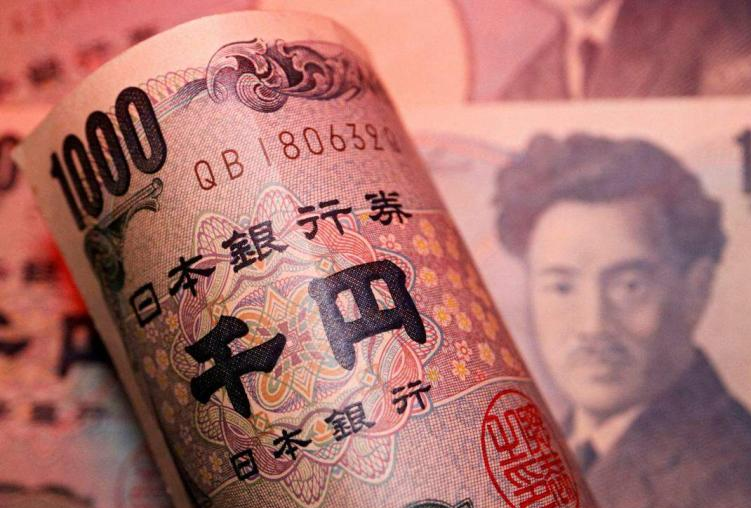
Bank of Japan board member Seiji Adachi noted that consumer inflation could rebound faster than expected if the yen's weakness persists, prompting authorities to consider an earlier rate hike.
"A monetary policy response would be an option if excessive weakness in the yen for a long period of time is forecast to affect the objective of achieving price stability," central bank member Seiji Adachi said in a speech to Kumamoto business leaders on Wednesday, according to Xinhua and Bloomberg News.
Adachi said the BOJ should take into account not only downside risks to the economy and prices, but also upside risks when guiding policy. "We have to do everything we can to avoid raising rates too soon. But if we focus too much on downside risks, we could see inflation accelerate, forcing us to tighten monetary policy sharply later."
Mr Anda hinted at the possibility of an interest rate rise in the near future, saying that "as long as core inflation continues to move towards 2 per cent, it will be necessary to gradually adjust monetary policy to reflect economic, price and financial developments".
Mr Adachi's comments highlight the growing impact that a weaker yen could have on the timing of the Bank of Japan's next rate rise. Some analysts believe the BOJ could raise rates as early as July.
Adachi noted that while Japan's economy is not necessarily strong at the moment, consumption, exports and capital spending are likely to recover as households start to benefit from higher wages and overseas economies show signs of recovery.
He added that Japanese consumer inflation would accelerate again around the summer and autumn due to rising import costs and the prospect of continued wage increases. "If the yen's decline accelerates or persists, consumer inflation could rebound more quickly than expected." If this happens at a time when there is a higher probability of sustained and stable inflation above 2 per cent, we may need to raise rates sooner than expected."
The BOJ will also taper its bond purchases at some point in the future, Adachi said, adding that any reduction in bond purchases would be done in several stages to avoid destabilizing markets.
Despite the Bank of Japan's decision in March to end eight years of negative interest rates, the yen has depreciated about 10 per cent against the dollar this year, has fallen 1.5 per cent against the euro this month and is close to a record low of 171.56 set on April 29. It has fallen to a near 16-year low of 200.63 against the pound.
Adachi's statement is basically in line with central bank governor Kazuo Ueda. Ueda recently changed his tone on yen weakness, explicitly warning of possible policy action to counter the yen's impact on prices.
'Keeping real interest rates negative is very important to support the economy,' Mr. Adachi said. Japan's economy contracted in the last quarter, according to government data released this month, lacking strong momentum.

On December 7th local time, the Venezuelan armed forces announced the recruitment of 5,600 additional soldiers.
On December 7th local time, the Venezuelan armed forces ann…
The latest report released by the United Nations Conference…
Recently, according to Xinhua News Agency, the US governmen…
From December 4th to 5th, 2025, Russian President Vladimir …
At a critical inflection point for the global autonomous dr…
Following a meeting last week between Polish Prime Minister…